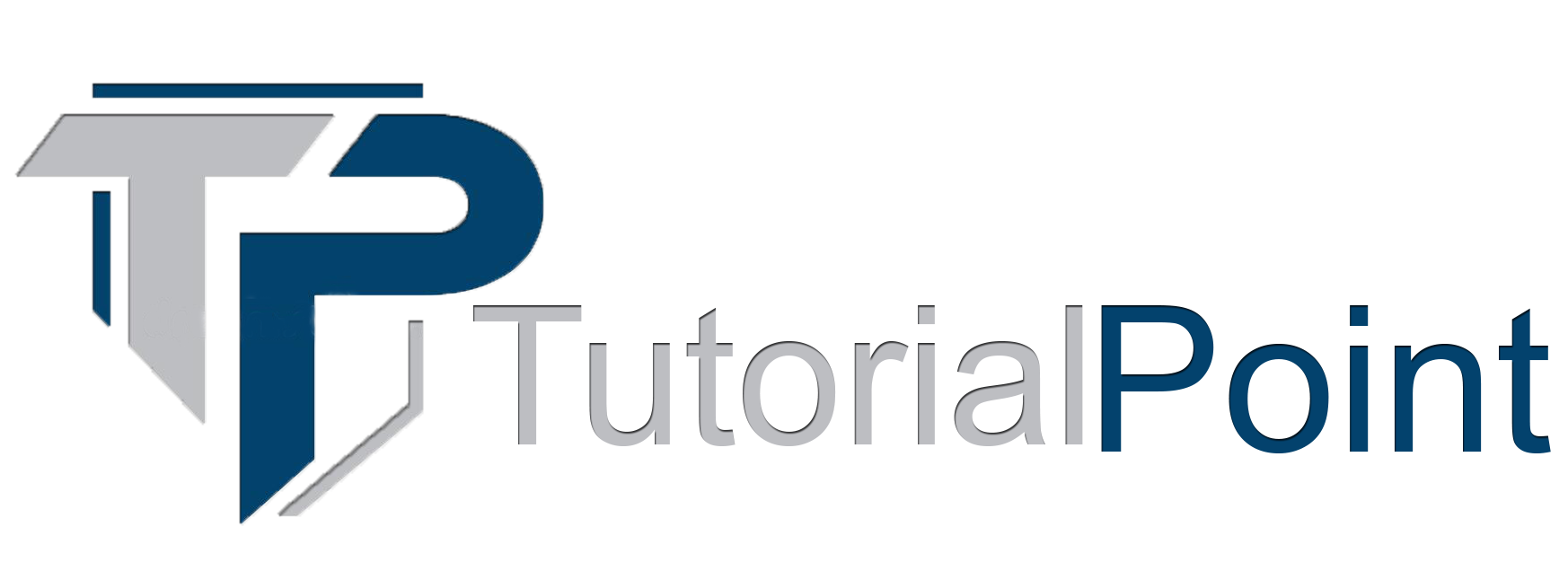Fiverr Vs. Traditional Employment: Weighing the Pros and Cons for Job Seekers
[ad_1]
With the rise of the gig economy, more and more job seekers are considering alternative options to traditional employment. Fiverr, a popular freelancing platform, has gained significant attention as it offers a unique way for individuals to find work opportunities. However, like any employment option, Fiverr comes with its own set of pros and cons that job seekers need to consider before diving in.
One of the primary benefits of Fiverr is the freedom it provides. Freelancers have control over their own schedule and workload, allowing them to work at their own pace and from anywhere in the world. Traditional employment usually comes with fixed hours and location constraints, which may not suit everyone’s lifestyle or personal commitments.
Additionally, Fiverr offers a wide variety of job opportunities across different fields. From graphic design to content writing, programming to marketing, there is always a demand for various skills on the platform. This allows job seekers to explore their passion and pursue projects they genuinely enjoy, rather than being confined to a single job role within a traditional employment setting.
In terms of earning potential, Fiverr presents its own set of advantages. Freelancers on Fiverr have the opportunity to set their own rates for their services, which means they have the potential to earn significantly higher than they would in a traditional employment setting. Clients on Fiverr often have specific requirements and are willing to pay a premium for quality work, giving freelancers the chance to make more money based on their skill level and professionalism.
However, amidst the various advantages, there are also some drawbacks that job seekers need to be aware of before fully committing to Fiverr. One of the notable challenges is the need for self-promotion and marketing. Unlike traditional employment where a company promotes and markets its employees, freelancers on Fiverr need to actively market their skills and services to potential clients. This can be time-consuming and requires a certain level of marketing expertise, which may not be suitable for everyone.
Furthermore, Fiverr operates on a competitive bidding system, where multiple freelancers may vie for the same job. This means that job seekers must ensure their skills stand out from the crowd to secure projects, which can be challenging for newcomers or those entering a saturated market. Traditional employment, on the other hand, provides job security once hired, without the constant need to compete for work.
Another potential drawback is the lack of benefits that come with traditional employment. Freelancers on Fiverr are responsible for their own healthcare, retirement plans, and other benefits that are typically provided by employers. This can be a significant financial burden, as freelancers often have to cover these expenses out of pocket.
Ultimately, the decision between Fiverr and traditional employment depends on the individual’s personal preferences and goals. Fiverr offers flexibility, control, and a potentially higher income, but it requires self-promotion, managing one’s own benefits, and dealing with competition. Traditional employment provides stability, benefits, and fewer marketing responsibilities, but it limits flexibility and may have a lower earning potential.
It’s crucial for job seekers to weigh the pros and cons of each option and consider their own skillset, lifestyle, and long-term goals. Exploring both avenues might even be a viable option, combining traditional employment for stability while pursuing freelancing opportunities on Fiverr to explore personal passions and increase earning potential. Ultimately, finding the right balance that aligns with individual preferences and objectives will lead to a fulfilling and successful career path.
[ad_2]
